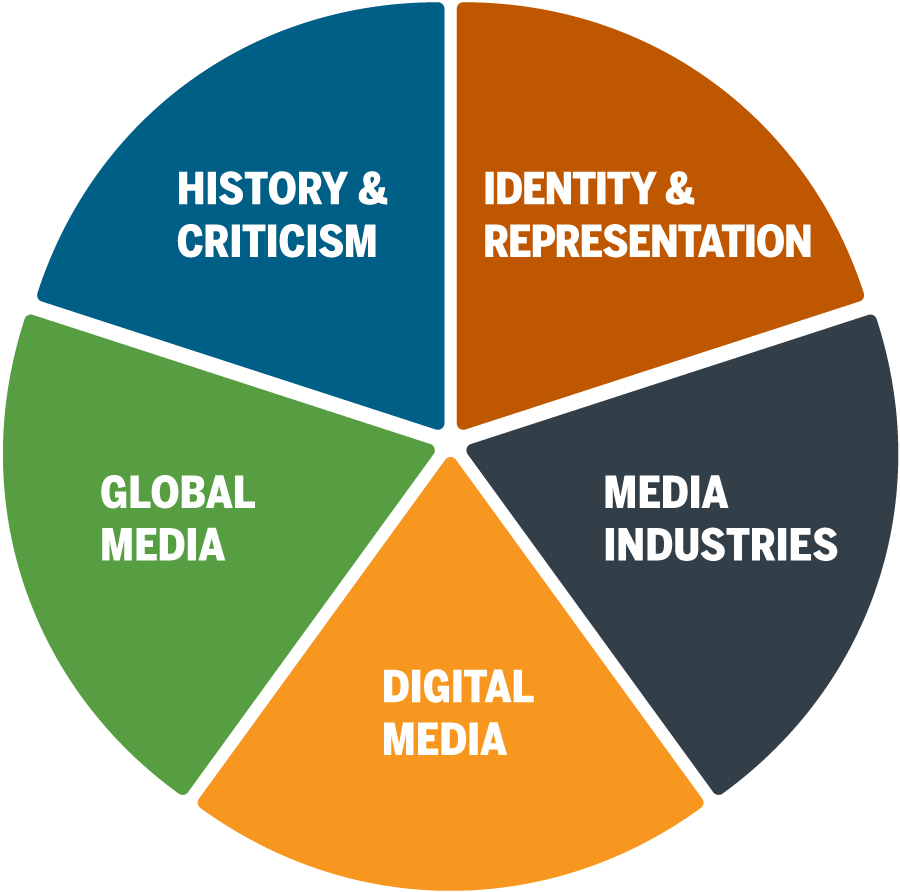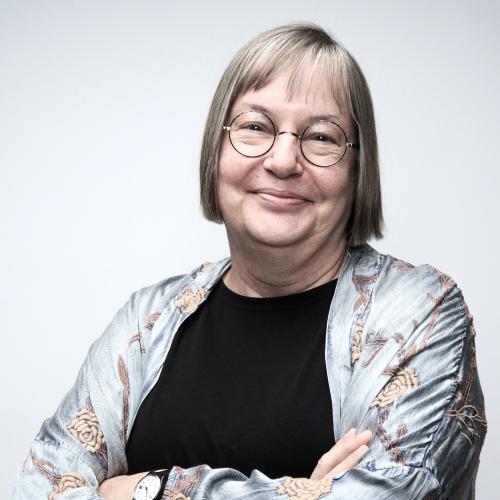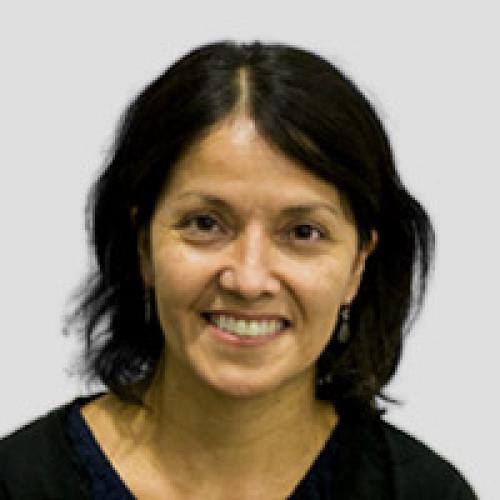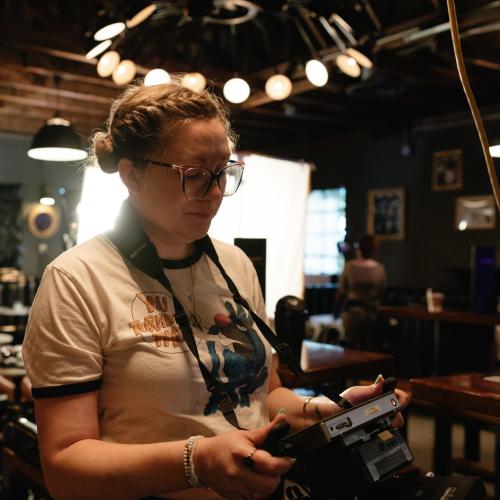The doctoral program in Radio-Television-Film emphasizes critical and contextual approaches to the study of media objects, industries, and cultures. With globally recognized faculty specializing in a wide array of media studies subfields, you will study and research in your chosen field and be prepared to enter into a rapidly evolving media landscape. You will be trained in an interdisciplinary array of media studies methods centered in pedagogical and professional development.
Program of Study
The PhD with concentration in Media Studies is a scholarly degree incorporating coursework, comprehensive exams, and research culminating in a dissertation. Students are expected to present their work at conferences and produce original work that is worthy of publication. Students admitted to this program must have already earned an M.A. degree.
Learn more about the Program of Work.
Teaching and Research Areas
Digital Media
Analyze interactive and emergent media texts and platforms, participatory digital cultures, social media, and algorithmic culture.
Global Media
Study media texts, audiences, industries, and cultures from transnational, national, regional and diasporic perspectives.
History and Criticism
Examine the sociohistorical contexts of film and media and engage in aesthetic and critical analysis.
Identity and Representation
Explore media's impact on culture and identity through interdisciplinary courses that examine the politics of representation through gender, race, sexuality, citizenship, and more.
Media Industries
Engage in topics relating to creative labor, production, distribution, infrastructures, regulation, and exhibition.
Supporting Your Success
- Structured timeline for successful program completion
- Faculty mentorship
- Annual Review with detailed, constructive feedback
- High rate of success in job placement in the academy
- Pedagogy seminars and workshops
- Opportunities to teach stand-alone courses
- Internships with local media industry, festivals, policy institutions and cultural organizations
- Biannual professional development workshops
- Harry Ransom Center Film Research Collections
- Vast RTF resources at UT Libraries
- Editorial and organization roles for department-based journals
- Interdisciplinary and portfolio program options (in areas such as African and African Diaspora Studies, Women's and Gender Studies, and more)








